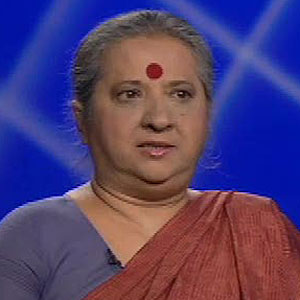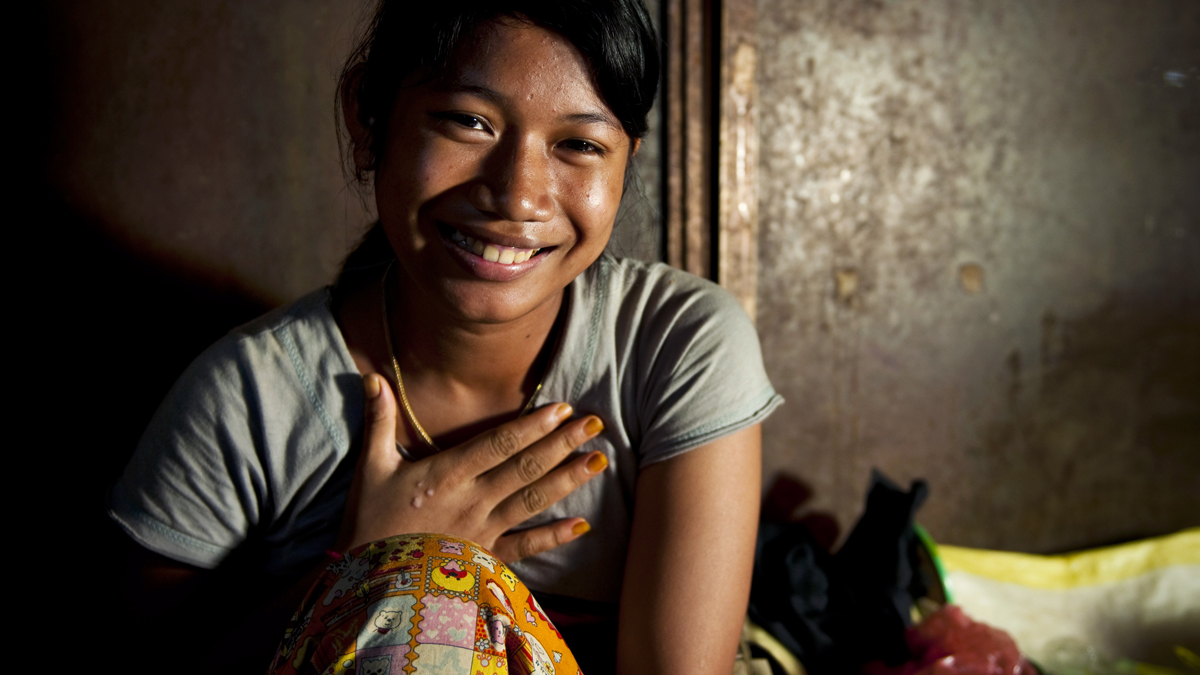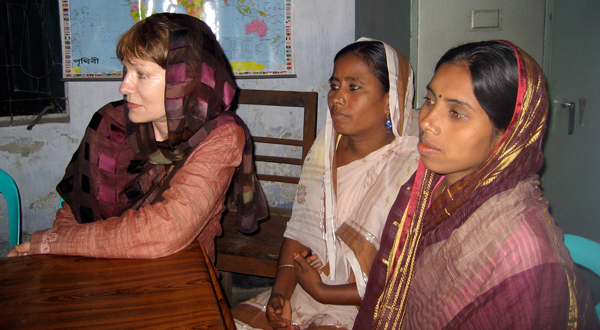-
12The Goldin Institute trained a team of twelve community researchers in oral testimony techniques.
-
150The research team conducted over 150 interviews with peer microcredit recipients in Arampur.
-
8This village of 1500 households now has eight microcredit banks leading to an oversaturated debt market.
-
3+The majority of households surveyed now hold three or more microcredit loans and feel entrapped by debt.
Our Team




